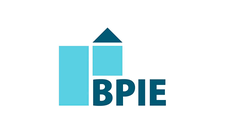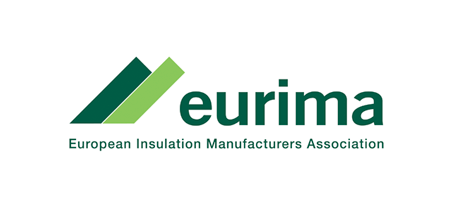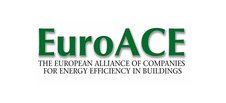Search eceee proceedings
From people to policy: integrating social sciences and design insights into renovation policies
Panel: 9. Consumption and behaviour
This is a peer-reviewed paper.
Authors:
Albane Gaspard, ADEME, France
Ariane Rozo, ADEME, France
Solange Martin, ADEME
Abstract
France has ambitious, but yet unreached, goals for building refurbishment, and there is a consensus that existing policy measures will not be enough to meet objectives.
This article proposes a five-steps methodology to identify new policies in the field of renovation of private dwellings in France. Its general philosophy is to place the ‘real life’ individuals at the centre of policymaking so policy packages are tailored to their reality. The methodology relies on insights from complementary disciplines that have in common their ability to understand the ‘real-life’ individuals’ point of view: social sciences and design.
This paper presents the results of Steps 1 to 3 that were implemented at ADEME in 2016. Step 1 aims at understanding the behavioural challenges that energy renovation policies need to meet. It relies on a multidisciplinary checklist derived from social sciences (economics, psychology, social psychology, sociology and anthropology). The checklist helps policy makers analysing the various facets of renovation behaviours and the associated policy challenges. Step 2 aims at identifying policy gaps in the existing policy framework and thus establishing priorities for action. In the field of renovation, these are, for example: credit and cash flow issues, the lack of policy to help households choose good quality workers, the lack of segmented communication, the lack of policy to activate social norms such as comfort.
Step 3 aims at filling in the policy gaps by generating ideas for new policies. It relies on an ideation methodology that is classically used in Design Thinking. 55 ideas for new services and policies were generated over a 3 days workshop held in 2016. An overview of Steps 4 (finalising the policy packages) and 5 (implementing and evaluating), that will take place in 2017 onwards, is provided in conclusion.
Downloads
Download this paper as pdf: 9-197-17_Gaspard.pdf
Download this presentation as pdf: 9-197-17_Gaspard_presentation.pdf
Panels of
1. Foundations of future energy policy
2. Policy: governance, design, implementation and evaluation challenges
4. Mobility, transport, and smart and sustainable cities
5. Buildings and construction technologies and systems
6. Buildings policies, directives and programmes
7. Appliances, products, lighting and ICT
8. Monitoring and evaluation: building confidence and enhancing practices























